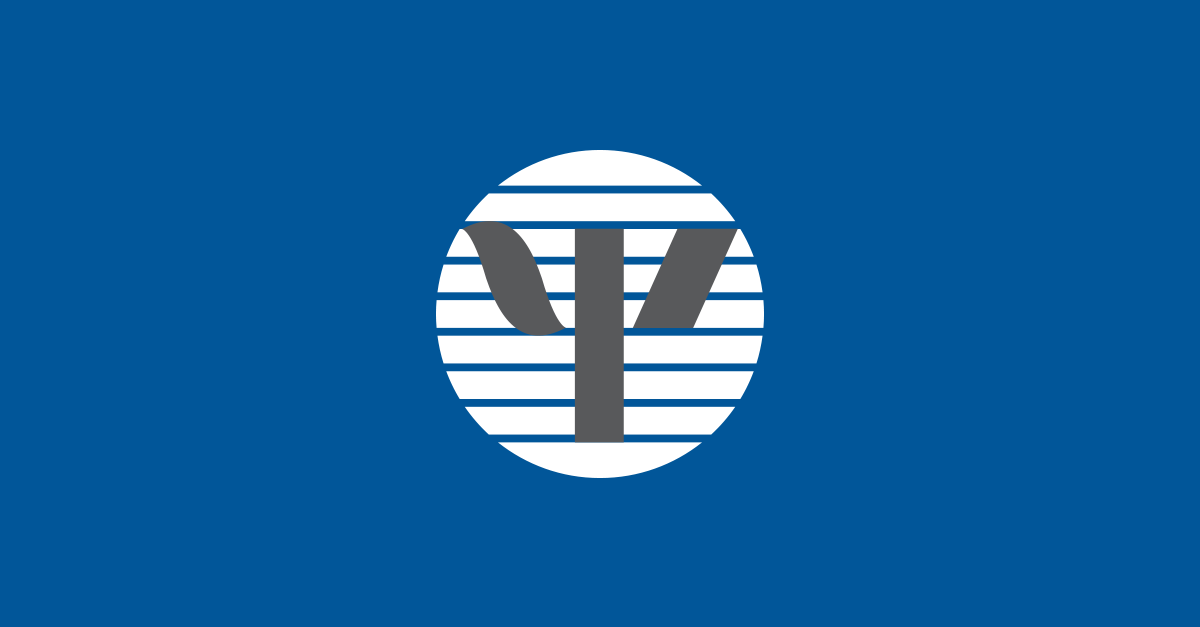c) Research training: One of the primary missions of PCSAS-accredited doctoral programs is to train psychological clinical scientists who will be able to generate new knowledge relating to mental and behavioral health problems. Therefore, programs must demonstrate that its students conduct meaningful research as a focal part of their graduate education. Some key indicators of the quality of research training would include:
i) Is research training a core of the program? Are students actively involved in scientific research throughout their graduate education?
ii) Is the student’s research training integrated meaningfully with all other aspects of the student’s training–e.g., coursework, clinical application training, teaching experiences?
iii) Do students receive individualized mentoring in faculty laboratories?
iv) Are students the authors and co-authors of high quality research presentations and peer reviewed publications?
v) Are all students required to demonstrate a solid grasp of research and quantitative methods?
vi) Do all students demonstrate a solid understanding of the important knowledge base and theories across diverse areas of psychological science and other sciences, and does this understanding inform their own research?
vii) Do students produce high-quality dissertations that help launch their careers and that advance psychological science?
viii) Do graduates function as productive research scientists?
ix) Possible indicators:
(1) student research products, grants, presentations, publications, awards;
(2) evidence of student involvement in research, such as research courses taken, specific skills acquired; and
(3) research involvement after graduation, such as appropriate post-doctoral positions (including but not limited to tenure-track faculty positions emphasizing research productivity), grants, publications, and awards.



